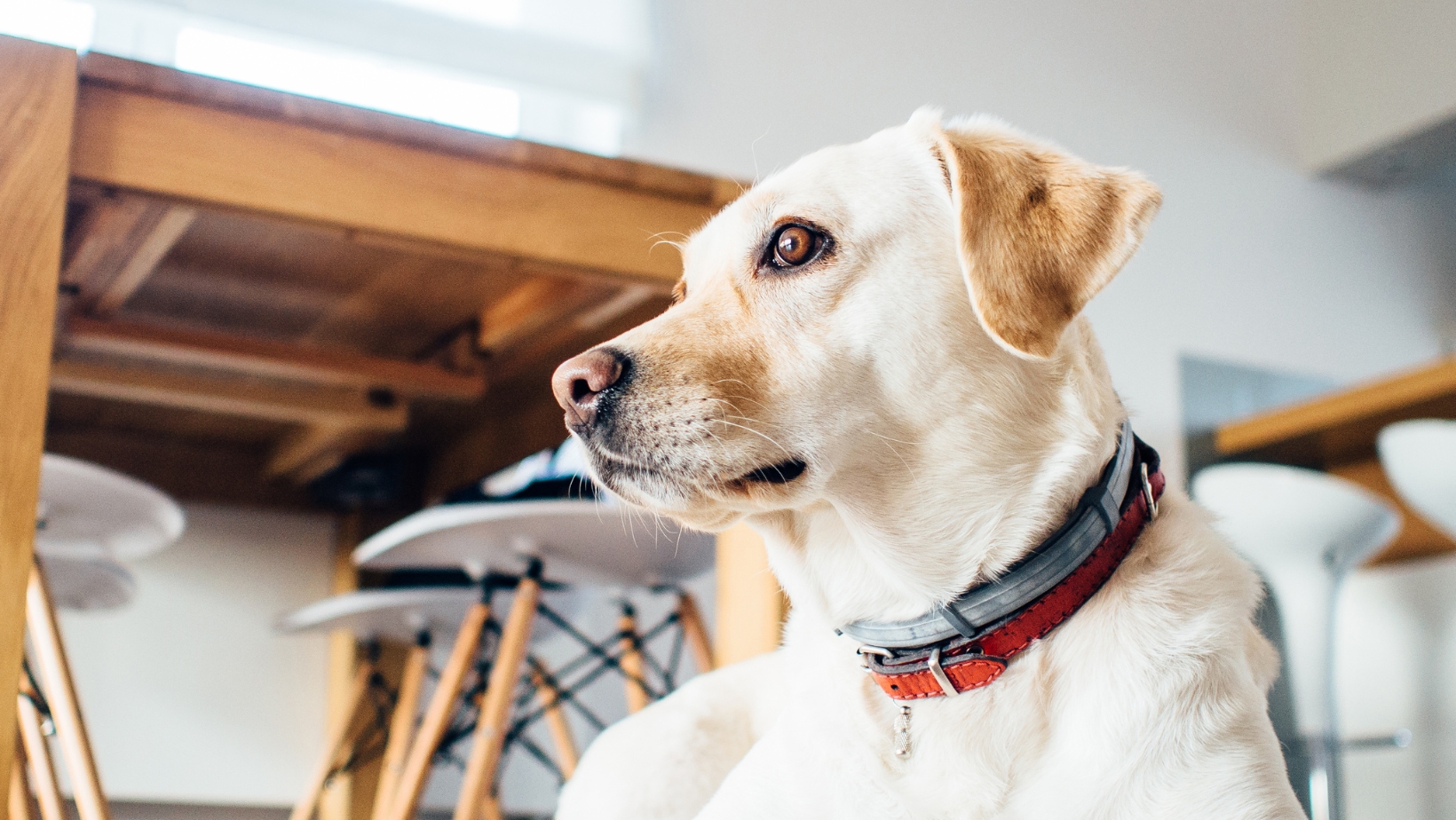Are you struggling with your Labrador puppy biting you? Don’t worry; I have some helpful tips for ending this behavior. Like many other breeds, Labrador puppies go through a teething phase where they explore the world with their mouths. While it may seem cute initially, those sharp little teeth can leave you feeling frustrated and in pain. But fear not; there are effective strategies to stop your puppy from biting.
One approach is redirecting their attention and providing appropriate chew toys. When your puppy starts nipping at you, calmly say “no” and offer them a suitable toy instead. This will teach them that chewing on toys is acceptable while biting humans is not.
Consistency is key when training your Labrador puppy. Ensure everyone in the household follows the same rules and enforces them consistently. Puppies thrive on routine and structure, so setting clear boundaries will help them understand what’s expected of them.
How to Stop My Puppy From Biting Me
Our adorable furry friends, such as Labrador puppies, can be perplexing and even frustrating when they constantly nip and bite at us. However, before we start feeling exasperated, we must understand why puppies engage in this behavior.
- Teething: Just like human babies, puppies go through a teething phase where their baby teeth fall out and are replaced by adult teeth. During this time, their gums may feel sore or itchy, leading them to chew on anything they can find – including our hands and fingers.
- Exploration and play: Puppies use their mouths to explore the world around them. They learn about different textures, tastes, and sensations by nibbling on objects or people. Additionally, biting is a natural part of play for puppies as they interact with their littermates or humans.
- Socialization: Puppies also bite during play to socialize with other dogs or humans. Through gentle mouthing and biting, they establish boundaries and learn how to control the force of their bites.
- Attention-seeking: Sometimes puppies bite simply because they want attention from us. If they realize that nipping gets a positive or negative reaction, they may continue doing it to get our focus.
Now that we have gained some insight into why puppies bite, we can focus on effective strategies for redirecting this behavior toward more appropriate outlets without causing harm or distress to either party involved.
Setting boundaries and establishing rules with your labrador puppy is crucial for teaching them proper behavior and preventing biting incidents. By clearly defining the limits and expectations, you can help your furry friend understand what is acceptable and what is not.
Here are some key strategies to consider:
- Consistency is key: Dogs thrive on routine, so it’s important to establish consistent rules from the beginning. Ensure everyone in your household follows the same guidelines for interacting with your labrador puppy.
- Use positive reinforcement: Rewarding good behavior is more effective than punishing bad behavior. When your puppy refrains from biting or shows gentle play, praise them enthusiastically and offer treats or toys as a reward.
- Redirect their attention: If your labrador starts nipping or biting during playtime, redirect their focus onto an appropriate toy or chew bone. This helps them understand that biting humans is not acceptable, but chewing on toys is encouraged.
- Provide plenty of exercise and mental stimulation: Labradors are energetic breeds that require lots of physical activity to stay happy and contented. Regular exercise sessions help burn off excess energy, reducing the likelihood of undesirable behaviors such as excessive biting.
- Teach bite inhibition: It’s essential to teach your labrador puppy bite inhibition so they learn how to control the force of their bites. When playing together, if they bite too hard, let out a high-pitched yelp or say “ouch” loudly to signal pain and immediately withdraw attention for a brief period.
Redirecting biting behavior onto appropriate objects is essential to training your energetic Labrador puppy. Teaching them to direct their chewing instincts towards appropriate objects can help save your furniture, shoes, and hands from their sharp little teeth.
Incorporating these strategies into your training routine will help establish good habits and teach your puppy to redirect their biting instincts onto appropriate objects. With time, patience, and lots of practice, you’ll see progress in curbing their harsh behavior and fostering a well-behaved and happy Labrador companion.
